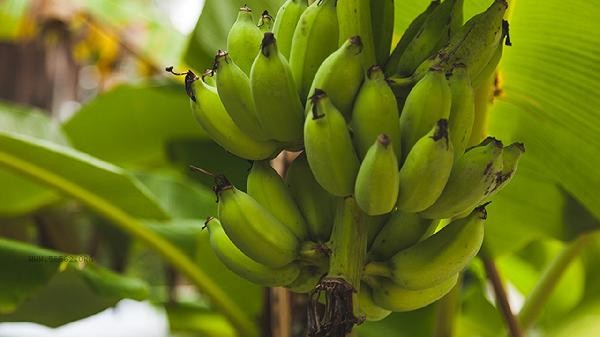Moderate consumption of bananas before meals or after exercise usually does not lead to weight gain. Bananas are rich in dietary fiber and natural sugar, and controlling intake time and amount can help maintain weight. Bananas, as a low calorie and high nutrient fruit, are suitable for consumption before breakfast or lunch. Eating bananas on an empty stomach can quickly provide energy, and the dietary fiber in them can increase satiety and reduce the amount of food consumed during meals. Eating bananas within 30 minutes after exercise can help replenish glycogen, promote muscle recovery, and increase metabolic rate, making it less likely to accumulate fat. Choose bananas with moderate maturity and avoid excessively ripe bananas with high sugar content. When digestive function weakens at night, bananas should be consumed with caution. Consuming a large amount of bananas within 3 hours before bedtime may result in incomplete sugar consumption and increase the risk of fat accumulation. People with weak gastrointestinal function who eat bananas at night may experience bloating or indigestion. People with blood sugar fluctuations should avoid consuming large amounts of bananas alone, and it is recommended to pair them with protein or healthy fats to slow down sugar absorption.

It is recommended to limit the daily consumption of bananas to 1-2 per day, with priority given to consuming them in the morning or during exercise periods. Maintain dietary diversity by pairing bananas with foods such as oats and yogurt to meet nutritional needs and balance calorie intake. Pay attention to observing individuals' metabolic reactions to bananas, and record the relationship between diet time and weight changes during weight management to adjust consumption strategies in a timely manner.










Comments (0)
Leave a Comment
No comments yet
Be the first to share your thoughts!